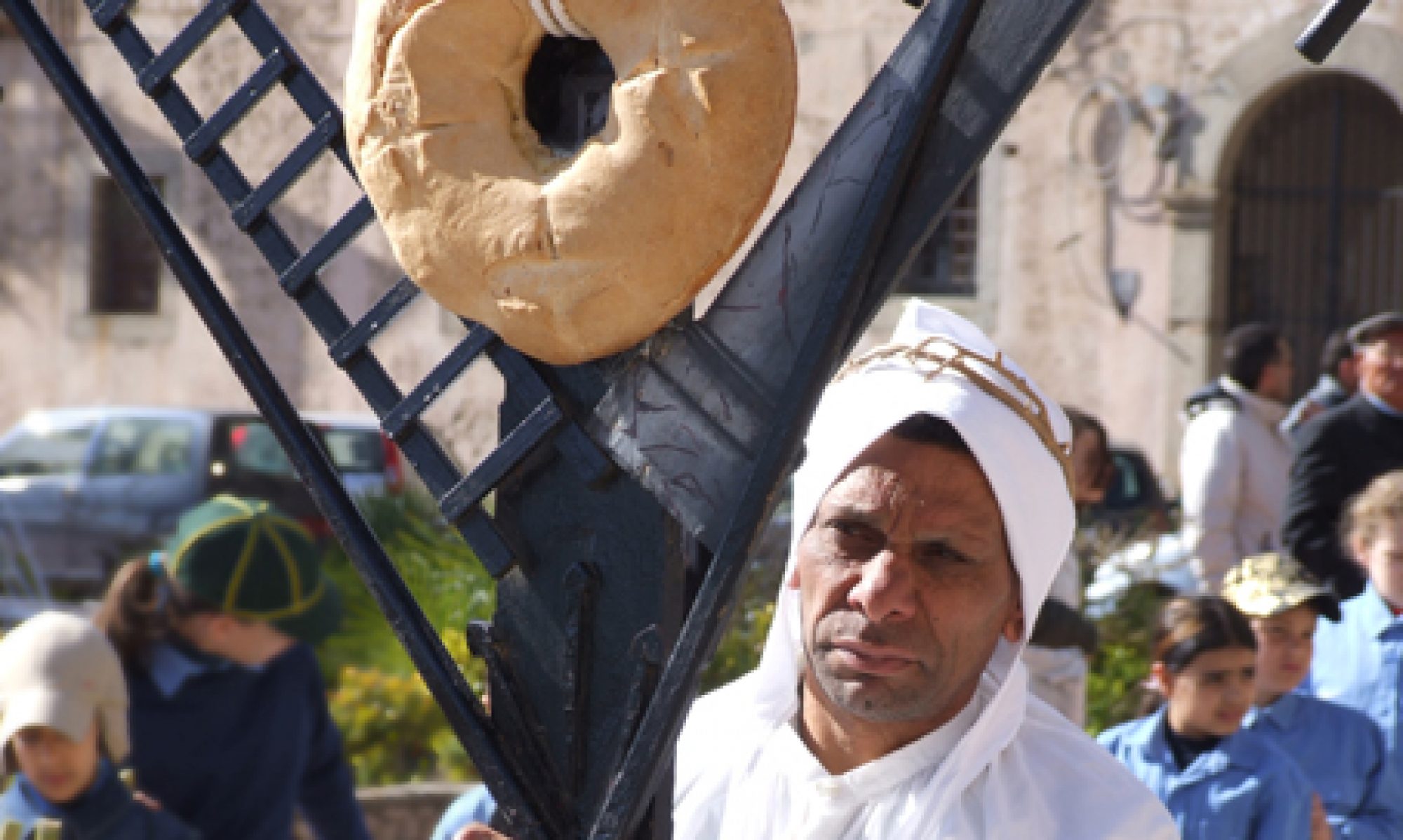Locride in Calabria
A land kissed by the sun, an area with clay and gravelly lands, sometimes steep, a crystalline sea, deep, open, endless beaches, is the Locride in Calabria. The ‘plant’ of the boot.
Protected in the Ionian. With a coast that, in front, has only Africa, and to the east, Greece, Cyprus. It is from there that this magnificent land was chosen over millennia by the Kings and more recently, over 700 years before Christ colonized by the Greeks, preferring it to the mother country. In a territory that if it lives a hot summer, the night is refreshed due to the altitude of the Aspromonte behind it, and the breezes that cross Calabria, from the Tyrrhenian to the Ionian. Winters never harsh if not in Aspromonte, sunshine and good weather from March to November.
Story
Corrado Alvaro called Calabria the “most mysterious and unexplored region of Italy”. Great historical, cultural, millennial resources.
The Greeks landed en masse on the coasts and founded a group of colonies that soon became rich and powerful, so as to merit the appellation of Magna Graecia.
the whole Italian peninsula
Itali, in fact, were called the inhabitants of the southern part of Calabria, before the Roman conquest, and when Rome unified in a single domain the various regions, the name of Italy extended from south to north, to identify at the time of Augustus, in 42 BC, the whole Italian peninsula.
After the fall of the Roman Empire Calabria was later sacked by the Visigoths and the Goths. The Byzantines then took over the domain and remained for centuries under the domination of Byzantium
While Arabs and Lombards tried in vain to conquer it entirely in their own domain. Around the year 1.000 d.C. the Byzantines took over the Normans who created the kingdom of the south … www.isolabizantina.it
Islamic and Greek Orthodox.
and after the Normans came the Swabians. Frederick II created in the southern regions one of the most civilized nations in the world, the famous kingdom of the Sun, a meeting place for different cultures, civilizations, Western, Islamic and Greek Orthodox. In the year 1250 Federico died and the kingdom fell into the hands of the Angevins, who made feudalism a system to control the subjects and the territory in a strict manner.
The Angevins followed the Aragonese, the Spaniards (opposed among others by the philosopher Tommaso Campanella in 1599), the Austrians and the Bourbons, and during this period the population intensified its withdrawal on the hills and mountains, to escape from malaria, but also from raids by pirates first Saracens and then Turks, along all the Calabrian coasts.
In the eighteenth century a terrible famine and a very strong earthquake bent the Bourbon Calabria. So we approach the age of revolutions, like that in 1799 where Murat (Napoleon’s brother-in-law) was executed in Pizzo Calabro, in the mid-nineteenth century. the Bandiera brothers are shot, until Garibaldi arrives in 1860 to bring new hopes of change with the advent of the Kingdom of Italy.
The result was bankruptcy, producing only emigration and misery. Thus began the proliferation of brigandage in the years around 1870 and above all cause extreme poverty pushes people to leave, with the massive emigration, the population of the Calabria region practically halved, today there are millions of Calabrians in the world.
Only the efforts of national governments and Fascism have contributed to breaking this isolation, and today the changed economic and social conditions have led to a reversal of the trend.
Stiltour
Thanks also to tourism, many inhabited centers have risen along the coasts, exceeding in importance the same hill centers.
But this has also created problems, building speculation has partly ruined the landscape and the dispersion of the inhabitants has lost the heritage of traditions and culture that has marked the life of the Calabrians for the past.
Only in the last few years, we are trying to recover the great heritage of traditions and culture that Calabria has conquered thanks to the alternation of numerous peoples and cultures from all over the Mediterranean basin.
